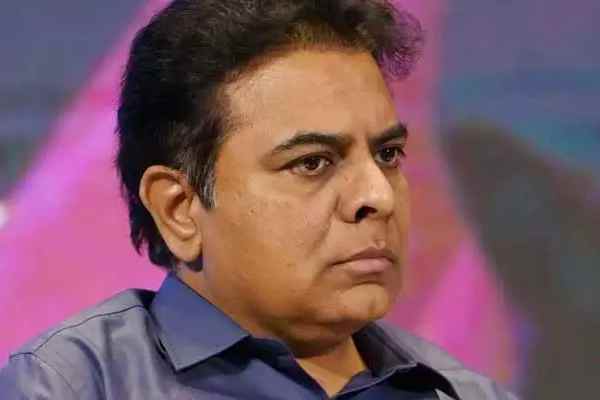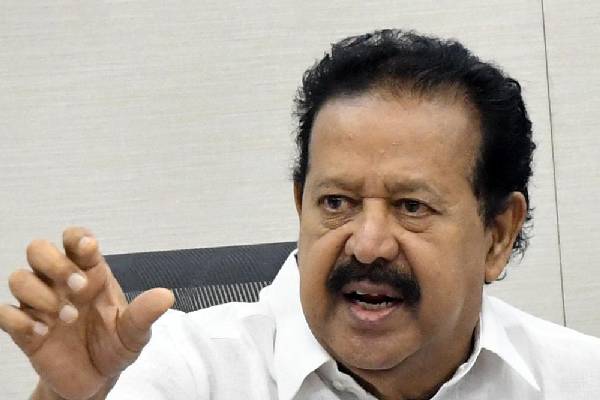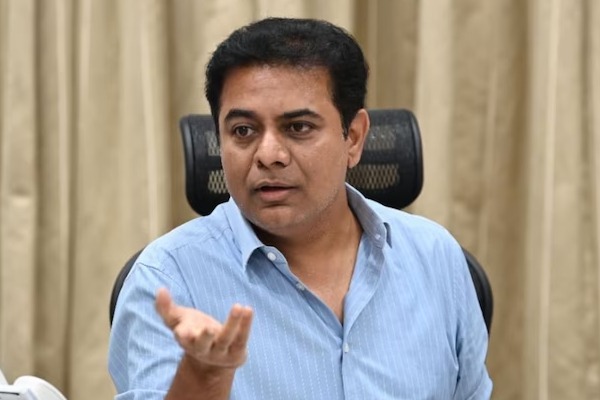A slew of sops to fulfill his poll promises, some controversial moves like reserving 75 per cent jobs for locals in industries, and lack of clarity on the fate of the state capital Amaravati, have marked Andhra Pradesh Chief Minister Y.S. Jagan Mohan Reddy’s 100 days in office.
Unfazed by the precarious financial position of the state, Reddy has gone on a freebie announcement spree, but a few decisions of his have also sparked apprehension among the industry and trade circles.
Jagan Reddy, who led the YSR Congress Party (YSRCP) to a massive victory in the state to end the five-year rule of Telugu Desam Party (TDP), has also faced allegations of doing vendetta politics by targeting his predecessor N. Chandrababu Naidu.
Alleging corruption in awarding contracts for various projects by the previous government, Reddy decided to review all of these projects soon after taking over. It was announced that wherever irregularities were found, the government would go for reverse-tendering, allow wider participation of bidders, ensure transparency and save public money.
The first contract to be terminated was the one awarded to Navayuga Engineering Company Ltd (NECL) which had bagged the Rs 3,000 crore Polavaram project.
Besides Polavaram, the construction of the state capital Amaravati too has come to a halt. The World Bank and the Asian Infrastructure Investment Bank (AIIM) have pulled out of the $300 million state capital project.
Reddy’s allegations of a land scandal in Amaravati during the TDP regime, as well as various statements by Ministers and YSRCP leaders, have triggered speculation that the government may not continue with Amaravati as the capital. The uncertainty has hit the real estate sector and stoked fears among the farmers who have surrendered 33,000 acres of land for building the new capital.
Past Power Purchase Agreements (PPAs) have also come under the scrutiny of the new Chief Minister. The agreements were signed with renewable energy producers during the TDP government. Jagan Reddy argues that the PPAs to buy power at a high rate will cause Rs 2,766 crore loss to the state exchequer every year. The Centre, however, has cautioned the state government that if contracts are not honoured it could affect the flow of investments.
In another major move, the state government has announced the setting up of a judicial commission to review all projects of the value of Rs 100 crore and above, to check corruption and bring transparency in the tendering process and awarding of contracts.
The government has also shut down Anna canteens, under which the poor and the middle class were getting a meal for only Rs 5.
During his first 100 days of governance, Jagan Reddy took steps to implement one of his major poll promises to impose prohibition in a phased manner.
In the first phase, he ordered a crackdown on the illegal liquor outlets and the government claims that liquor consumption has come down during the last two months. The second step saw the government taking over the liquor business from private traders.
The major schemes announced by the government include “Amma Vodi” under which every mother will be paid Rs 15,000 annually for sending their children to schools and junior colleges, both government-run and private.
Under “YSR Bharosa”, every farmer will get an annual investment support of Rs 12,500.
In a move to take governance to doorsteps, Reddy has announced the recruitment of four lakh village and ward volunteers, who will ensure that benefits of government schemes reaches the people both in villages and urban areas.
According to political analysts here people are waiting for the implementation of the schemes announced by the Chief Minister.
“It appears that nothing much has happened on the ground. Except for announcing the posts for gram or ward volunteers who are likely to be from the YSRCP cadres only, most promises seem to be in the state of ‘work in progress’,” said political analyst P. Raghava Reddy.
“Jagan (Reddy) is currently enjoying the honeymoon period, but time is running out for the Chief Minister to act on his promises. It is important that he raises the bar of governance and fulfills his promises,” he added.

































